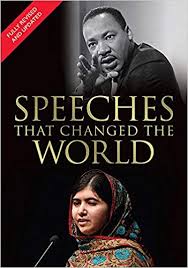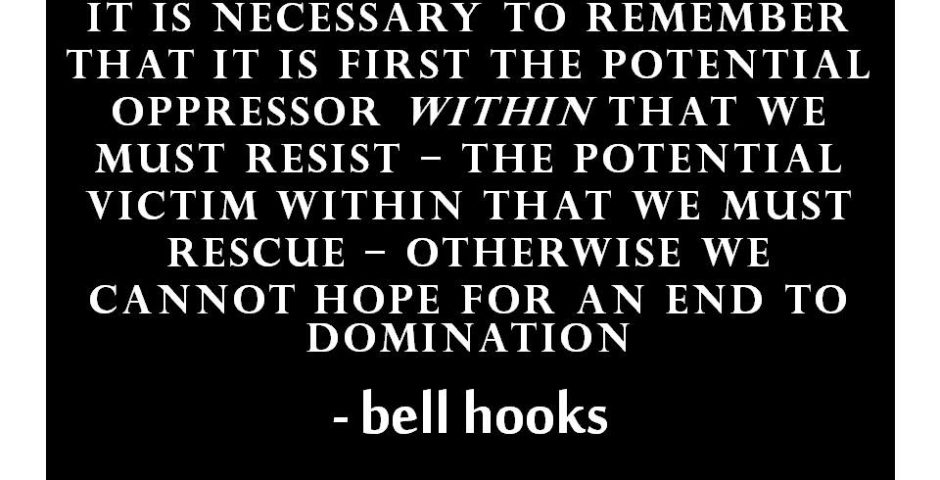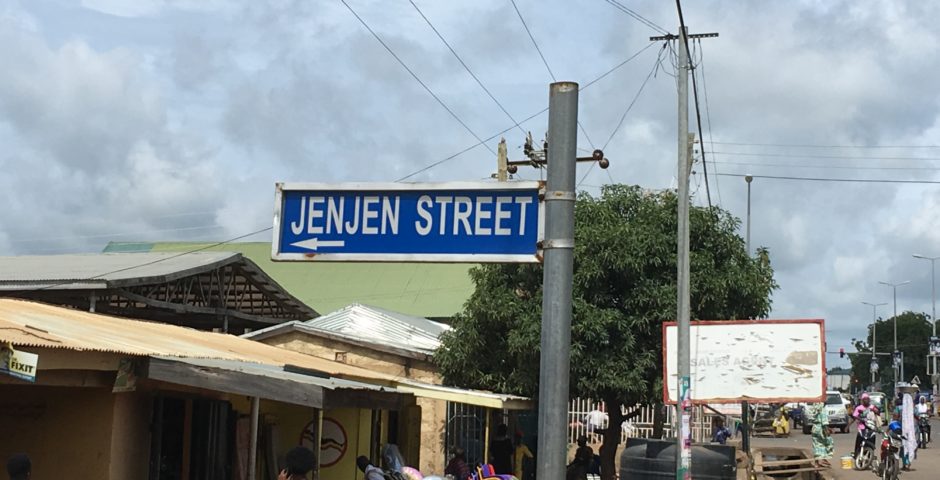
VP Pick Professor Naana Opoku-Agyemang Offers A Vision of Ghanaian Identity
Naana Opoku-Agyemang is the former Minister for Education, appointed in 2013 by (then) President John Mahama after the 2012 Ghanaian general election. She has lectured and led at prominent African institutions, including the University of Cape Coast and the Women’s University in Africa located in Zimbabwe. As an educationalist, she has authored and co-authored a range of works, spanning remedial instruction for nascent pupils to analyses of the Trans-Atlantic Slave Trade, diaspora relations and pan-Africanism. Her foray into this election cycle has electrified the political conversation, elevated the national discourse and energized many apathetic voters.
“My identity as an Asante woman is very different from my identity as a Ghanaian woman.”
These are the words of a journalist friend whom I was having lunch with some time last year. Our conversation had unfolded as a labyrinth of many topics and I can’t tell you how we ended up at that junction, only that her proclamation has stayed with me.
As a Black woman born and raised as the result of the convergence of two different cultures (African-American and Ghanaian), I’ve questioned what it means to be a Ghanaian…or Ghanaian enough my whole life. This notion has become a key point of discussion in recent weeks, given K.T. Hammond’s deplorable ethnocentric comments about the Volta Region, coupled with a backdrop of unresolved tribalist sentiment – and therefore policy – that has left much of the country underdeveloped and disenfranchised.
There is much that has been and will be written/said about Professor Naana Opoku-Agyemang in the coming months. A lot of the negative dialogue will center on the party that she represents: the NDC. And with good reason. It is an entity that reinvented itself from JJ Rawlings’ bloodthirsty Provisional National Defense Council (PNDC), which oversaw the collapse of the quality of Ghana’s education with the introduction of the JSS syllabus and system; the malnourishment of the economy; the degradation of market and working class women; and the mincing of free speech and press freedom, just to name a few. However, that’s what makes this moment of political evolution so fascinating, isn’t it? To transform an entire organization from the very definition of governmental thuggery to one of inclusivity and progressiveness (or at least the perception of one) is nothing short of miraculous. Hopefully, the good professor’s colleagues will prove themselves worthy of their association with her (her unfortunate decision concerning the Montie 3 notwithstanding).
Now that we’ve established that neither she nor the party she represents are not without flaws, we can move on and discuss the point of this post: the stunning speech she delivered on the 27th of July.
In 2018, I bought my daughter a book containing some of the greatest speeches ever written. It contains the thoughts of Martin Luther King Jr., Emperor Hirohito and Malala Yousafzai.

I believe – and I hope – that Prof. Opoku-Agyemang’s address will be included in some similar compilation one day soon. She employed all the elements of exceptional communication in her keynote, referencing the nation’s historical achievements as a roadmap for a possible, promising future and connecting those visions with a lustrous thread of hope. She spoke as a stateswoman, not a politician.
There are many favorites to pick from a speech that was solid from the first syllable uttered to the last; so for the purposes of this post, I will focus on what I considered the soul of the address: What does it mean to be a Ghanaian in our current context? As I expand my connections beyond Accra’s residents, it’s a topic I’ve given a lot of thought to. For too many people, Ghanaian means Akan. It means you speak Twi. It means having lived a narrow set of experiences that validate your citizenship. Jane Opoku-Agyemang’s solicitation rubbished all of those notions with persuasive, gentle firmness, asking us all to re-evaluate our values, civic responsibilities and identity as Ghanaians, not just as supporters of one political party or another.
Inclusivity
History is written by and belongs to the victors, gatekeepers and architects of popular knowledge. That is to say, history is not always factual. This is true of every civilization, great or otherwise. Ghana is no different. Our history has taught us that it was the Big Six who delivered independence from our colonial overlords, when the fact is it took thousands of citizens’ commitment to agitating, boycotting, resisting and dying to birth the country we now know as Ghana. These were men and women from all walks of life and ethnic backgrounds – from the Dagomba farmer kidnapped and pressed into service in WWII to the Nzema petty trader whose encouragement and shillings provided succor to those in need. As Professor Jane stated: “Everyone’s ancestor is a worthy contributor to this country we now call Ghana.” That honor does not belong to an ethnic few. Diversity is a source of great strength, and we must all come together under one flag to ensure that strength endures. No Ghanaian should feel alienated due to religion or ethnicity. And as our pre-colonial past has shown, men and women can accomplish much more if we work together. Suppressing the ability of one gender while devaluing their contributions will only continue to stagnate progress.
Plans, not promises.
One of the greatest shames and failures of modern African politics is the ‘promise and fail’ module to win elections. Politicians deliver boom speeches >They promise jobs/favors in return for votes > They go off-grid and reappear just in time for elections > Repeat. All this when all people want is chance to chart and live a dignified life. Our political structures and practices have robbed Ghanaians of that chance. Prof. Jane noted that we must restore and build systems that work, creating opportunities to reward brilliance and allowing each of us to actualize our best selves. Absent were the promises prefaced by, “If I am elected…” Instead, we were invited to consider the results her own life as an example of what is possible in a nation where “If [my] actions benefited others before they benefited me there was nothing impossible to achieve in our beloved country.”
The only way this is achievable is to restore the systems that recognize and reward innovation, effort and hard work.
Which brings us to…
Service
How can you be of service to your nation and fellow citizens if the structures do not exist? Personal responsibility can only go so far. We’ve seen this, because no one works harder than Ghana’s working poor. It is beyond time for government to commit to its role in our social contract and facilitate that attitude of goodwill and service, not provoke national frustration.
One of the things that has always made me proud of my Ghanaian heritage is the spirit of kindness we generally bear to one another. Though it’s waning, it’s reflexive. At an interpersonal level, there’s always someone willing to push your stalled car, or assist you in putting a load on your head. There are exceptions, but we are generally a people who want to see others do well. Imagine what we could achieve if that same spirit of service could be applied to functioning institutions that adequately rewarded every Ghanaian – the youth, aged, vulnerable and able-bodied alike – for their work and not just for the sake of influential affiliations? Collectively we are all capable, and we have the resources to make this a reality.
So why haven’t we?
Because Ghana has been ‘a bird poised for flight’
This is my favorite metaphor of the evening, because it speaks to the heart of our lack of growth. We have a species of bird in South Africa called a hadeda. Found all over the country, they are loud, obnoxious, magnificent things and many days come to feed on worms in my backyard. Sometimes, after they’ve engorged themselves, they sit on my lawn and spread their wings…doing nothing. They can do this for an hour or more. They are poised for flight, but have neither any sense of urgency nor motivation to take off. What will it take to motivate Ghana to move into full flight? Only we can determine that for ourselves, and we ought to soon…because we are part of an African story that is always ‘rising’. And like that immobile bird, we look ridiculous.
I noted on Twitter that one could not listen to Vice President Jane’s address and not feel hopeful about the future. Do I wish she was on a different ticket? Of course I do. It’s hard to erase the memory of incompetence and cruelty meted out by the (P)NDC. But what I do know is that the ruling party, with all its gloss and no small measure of arrogance, only deploys women when it’s time to do its dirty gender work and has yet to provide a platform for such a unifying voice, whether male or female. John Mahama has done that, and kudos to him for it.
Back to my Asante friend. As she noted, the peculiar cultural norms that make her an Asante woman do not define her as a Ghanaian woman, although those values can and do compliment each other. This is true whether one is born Guan, Ewe, or any of the diverse groups that contribute to our national identity. Whether Ghanaians see ourselves reflected in these universal values as Prof. Jane has established them, and want them represented at the highest levels of government remains to be seen come December 7th.




